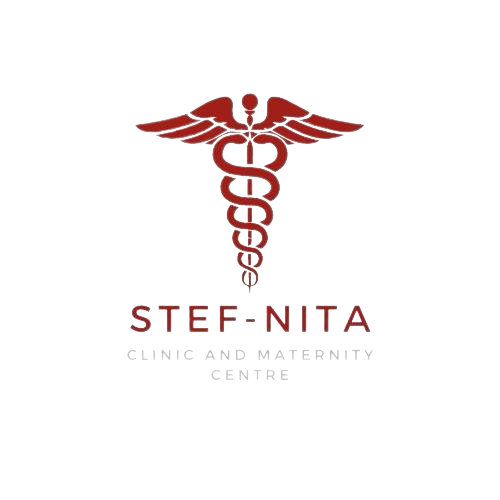At Stefnita, we understand the critical role caregivers play in ensuring the well-being of their loved ones. Whether you are a professional caregiver or a family member stepping into this vital role, having the right skills and knowledge is essential. That’s why we offer a comprehensive Structured Training Program designed specifically for caregivers.
Why Structured Training Matters
Caregiving can be both rewarding and challenging. Structured training provides caregivers with the tools they need to offer high-quality care while maintaining their own well-being. Here are some of the key benefits of our training program:
- Enhanced Skills and Knowledge: Learn the best practices for daily care routines, medical procedures, and emergency responses.
- Emotional Support and Stress Management: Gain strategies to manage the emotional and psychological aspects of caregiving, including stress reduction techniques.
- Effective Communication: Develop strong communication skills to interact effectively with healthcare professionals, patients, and their families.
- Safety and Hygiene: Understand the importance of maintaining a safe and hygienic environment for both the caregiver and the patient.
- Legal and Ethical Guidelines: Learn about the legal and ethical responsibilities of caregivers to ensure compliance with regulations and standards.
Our Training Modules
Our Structured Training Program at Stefnita is divided into several comprehensive modules, each focusing on different aspects of caregiving:
- Basic Caregiving Skills:
- Personal hygiene and grooming
- Mobility assistance
- Nutrition and meal preparation
- Medical Care:
- Medication management
- Basic first aid and CPR
- Understanding and monitoring vital signs
- Mental Health and Emotional Support:
- Recognizing signs of depression and anxiety
- Techniques for providing emotional support
- Self-care for caregivers
- Communication and Interpersonal Skills:
- Effective communication with patients and families
- Conflict resolution and problem-solving
- Documentation and record-keeping
- Specialized Care:
- Care for patients with chronic illnesses (e.g., diabetes, dementia)
- End-of-life care and palliative support
- Care for patients with disabilities

